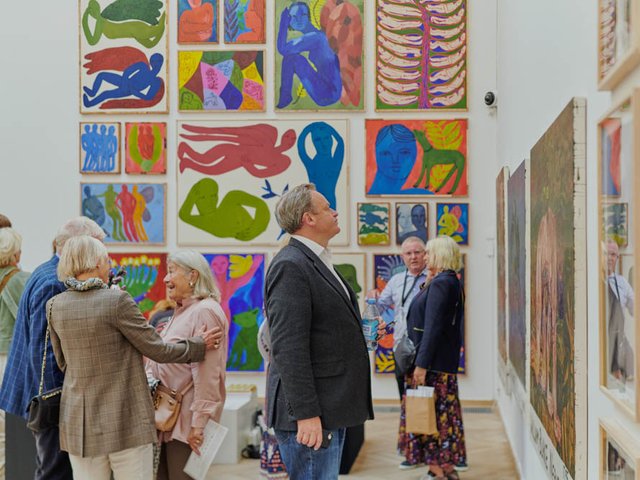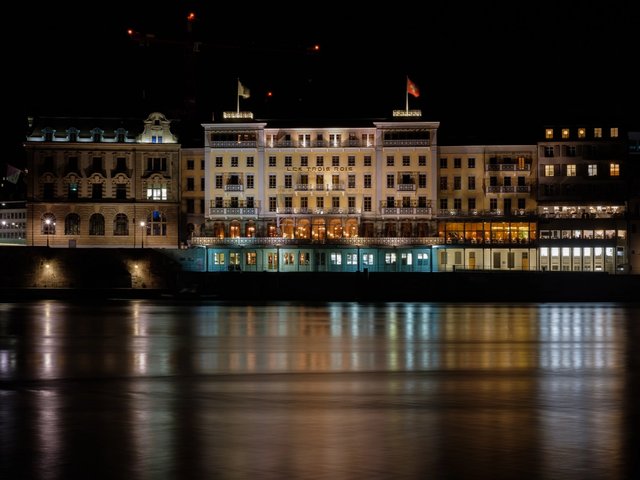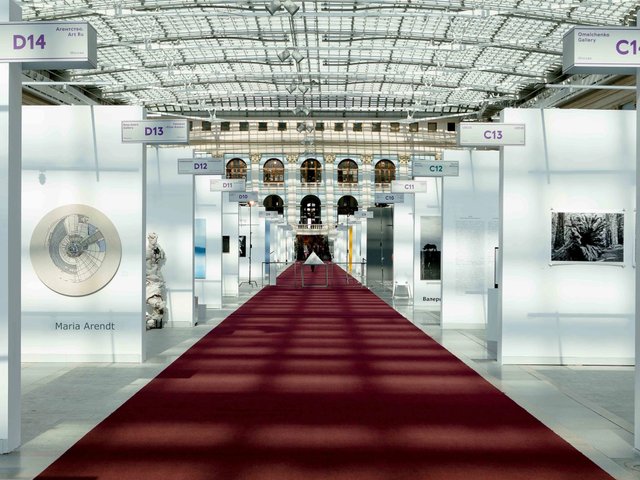Why did you change the name and location of the fair?
The reason was simple: We were unable to reach an agreement with our partner, Messe Wien, on a fixed date for the fair. Every year the date would change. It was clear to us that the fair needed to take place at the end of September, but Messe Wien were unable to guarantee this date, so it was time for us to move. We found new premises, and consequently the issue of branding arose, as the name Viennafair belongs to the shareholders of the Messe, but they were unable to release it. It turned out that we had to take a big risk: new venue, new name, but the same team.
So in Vienna there are now two contemporary art fairs. How is yours different?
Let’s wait until Viennafair opens on 8 October, then compare. We wish them all the best.
Do you have any figures for developing a new fair, for example, sales figures?
Let’s just say the trend is positive. Many galleries, seeing how things are developing, decided to take part in the fair. This time we have 25 new galleries.
Do you specifically support Russian galleries? Perhaps you offer some kind of special privileges?
Our focus is central and eastern Europe. At the end of the day, we are Russian, but we have a rigorous selection process; regardless of whom we’d like to invite, the artistic standard is the most important factor. There are no privileges, but our partner Sberbank is supporting a number of galleries from eastern Europe and Russia this year.
Tell us about your new Aksenov Family Foundation.
My wife shares my interest in contemporary art, and I hope our children will too, but generally the aim is to separate business and philanthropy, so the foundation supports non-commercial projects at the fair, such as the presentation of the Praktika Theatre, and the Moscow City project GROUND.
A year ago, you said that you were preparing to take part in the Venice Biennale by supporting projects. Have you changed your strategy?
We have increasingly specific and longer-term plans. Now we have a partnership with Paul Alezraa [head of the Avesta Group, consultants to museums and cultural institutions] to develop an educational programme about the interaction of business and cultural institutions. This will be a series of workshops in Moscow on how to fund-raise in these difficult times.
And your collection of contemporary art—do you have any plans to show it?
If there is an opportunity to do so, we will.
Your fair focuses on different countries. Currently, it’s Bulgaria. Which country are you personally most interested in?
All countries are interesting. What is important for us is that a country has a vibrant arts scene and people interested in participating in a fair. Romania, for instance, which we invited last year, showed enormous potential. By the way, we have just had a European maths contest, you know, and the winners were kids from Romania, Estonia, Russia and Belarus.




